- Orbital Insight Blog
- Orbital Insight's 2019 Recap & Our Promise for 2020
Blog
Orbital Insight's 2019 Recap & Our Promise for 2020
Like any year, 2019 was filled with major events, including natural disasters like Hurricane Dorian and the devastation of the Bahamas; terror attacks such as the Houthi raid on Saudi oil facilities and the brief tightening of oil supplies from that; political high-drama like the U.S. sanctions on Venezuela and street protests in Hong Kong — and the economic fallout from those as existing leaderships try to resist democratic reforms; health scares like the Ebola outbreak in Congo; and stealth operations like China’s re-education camps for Uighur Muslims.
Through it all, Orbital Insight was there, providing you, our client, with real-time, empirical data on how these global happenings could impact you and your business.
Since our launch five years ago, our mission has been one: to help clients understand what happens on and to the Earth, a push facilitated further now by our GO product launched earlier this year. GO is the geospatial industry’s flagship Artificial Intelligence platform that contextualizes millions of daily geospatial data points including satellite, Synthetic-Aperture Radar, Automatic Identification System and anonymized cellphone pings to rapidly analyze any area of interest on the planet.
In our final blog post for the year, we bring you the highlights of our 2019 coverage as well as what to expect from us in 2020.
And what’s our promise for the New Year?
That you will get more insight, powered by new data sources in our multi-modal approach to geospatial analytics.
That our enterprise SaaS platform, GO, will give you the fastest access to geospatial data, reducing the time from event to analysis within clicks of a button.
That ours is AI for The Good: Our core values and understanding of what happens on and to the Earth will continue being applied to various industries to prevent deforestation, improve supply chains for social good and increase economic and environmental prosperity.
And now, on to our 2019 coverage:
DRC Ebola Outbreak
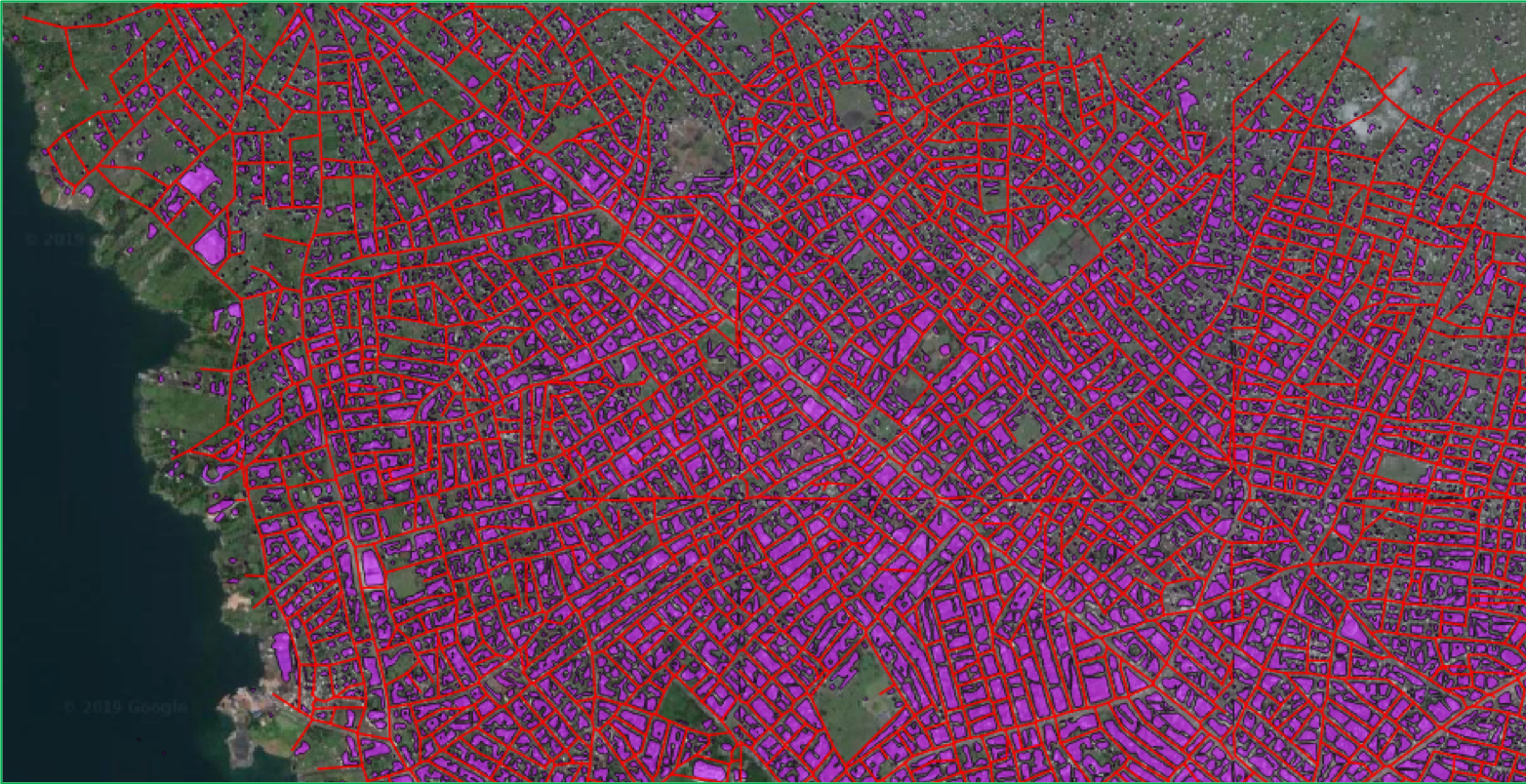
The Democratic Republic of the Congo has been grappling with the world’s second-largest Ebola epidemic on record, with more than 2,100 lives lost and 3,100 confirmed infections since the outbreak was declared on August 1, 2018. The epidemic has been centered on Congo’s North Kivu and Ituri provinces, and neighboring countries have been taking steps to mitigate the risk of spread. Using our proprietary AI platform GO to interpret Airbus SPOT satellite imagery, Orbital Insight was able to come up with mapping data for a large portion of North Kivu to measure the hundreds of human work hours and other support initiatives underway to battle the outbreak.
Venezuela Sanctions
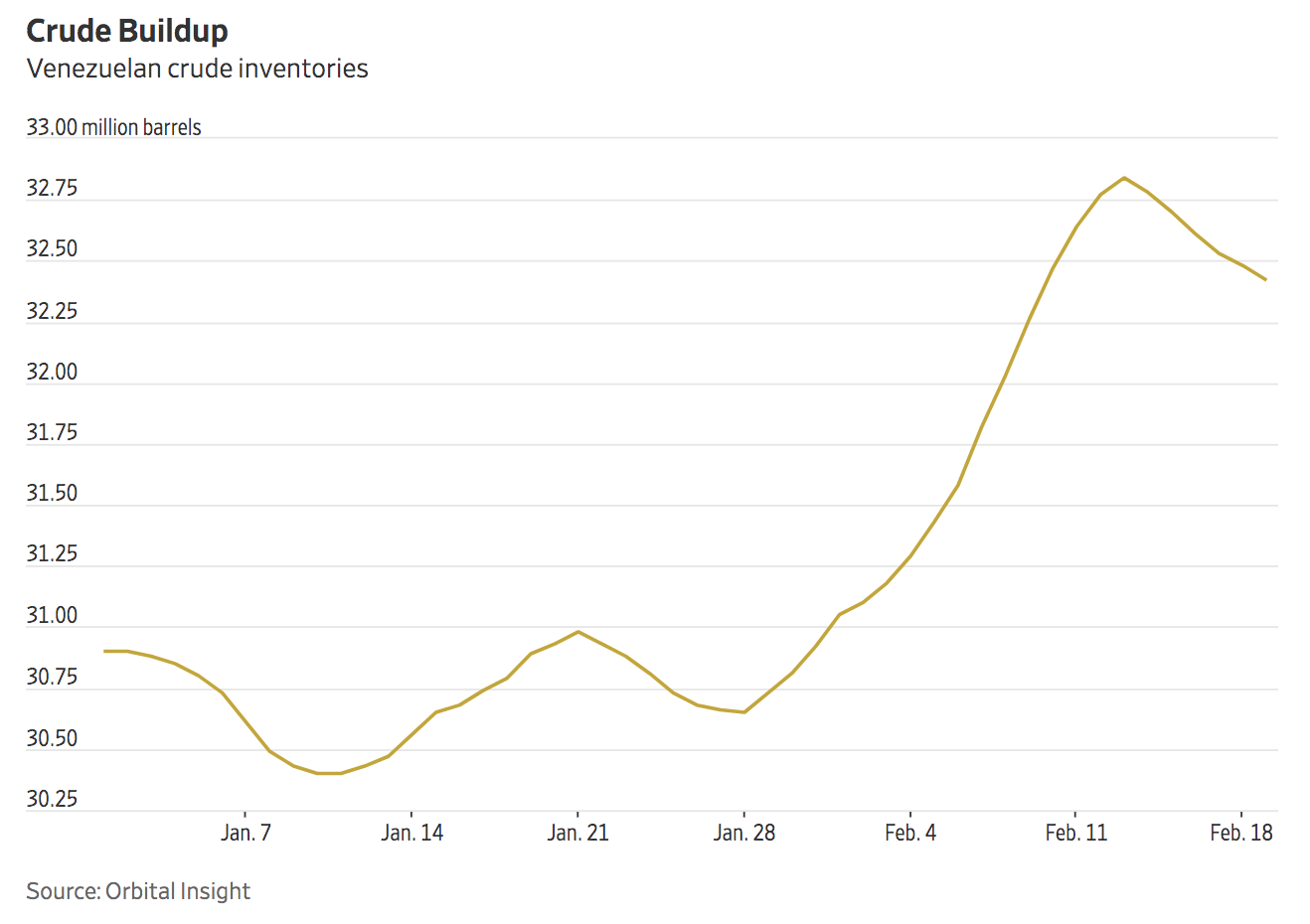
The Trump administration’s sanctions may not have achieved their aim of dislodging Venezuelan President Nicholas Maduro, but they have left a debilitating impact on the South American nation’s oil industry. As of February 21, Venezuelan crude inventories were at a five-year high of 32.8 million barrels due to the Maduro regime’s inability to export its oil under the sanctions, according to this Wall Street Journal report citing Orbital Insight’s data on the inventories. The focus on Venezuela was part of our global coverage of more than 25,000 floating roof tanks monitoring over five billion barrels of oil storage capacity worldwide.
Hong Kong Protests
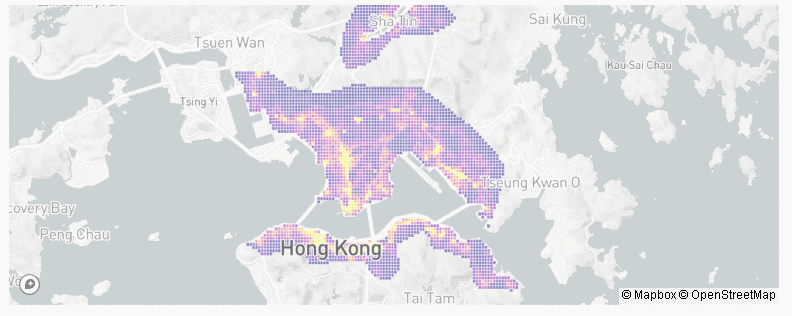
As Hong Kong descended into its 108th day of protests by pro-democracy fighters resisting Chinese rule, Orbital Insight leveraged on its geospatial platform GO to study the impact of the revolt on industries across the territory. Our data showed a steep traffic decline in visitation to Hong Kong’s Disneyland, one of the businesses most negatively impacted by the protests, as early as the first week of July. We also found that retail sales had declined and consumer spending had fallen.
Hurricane Dorian
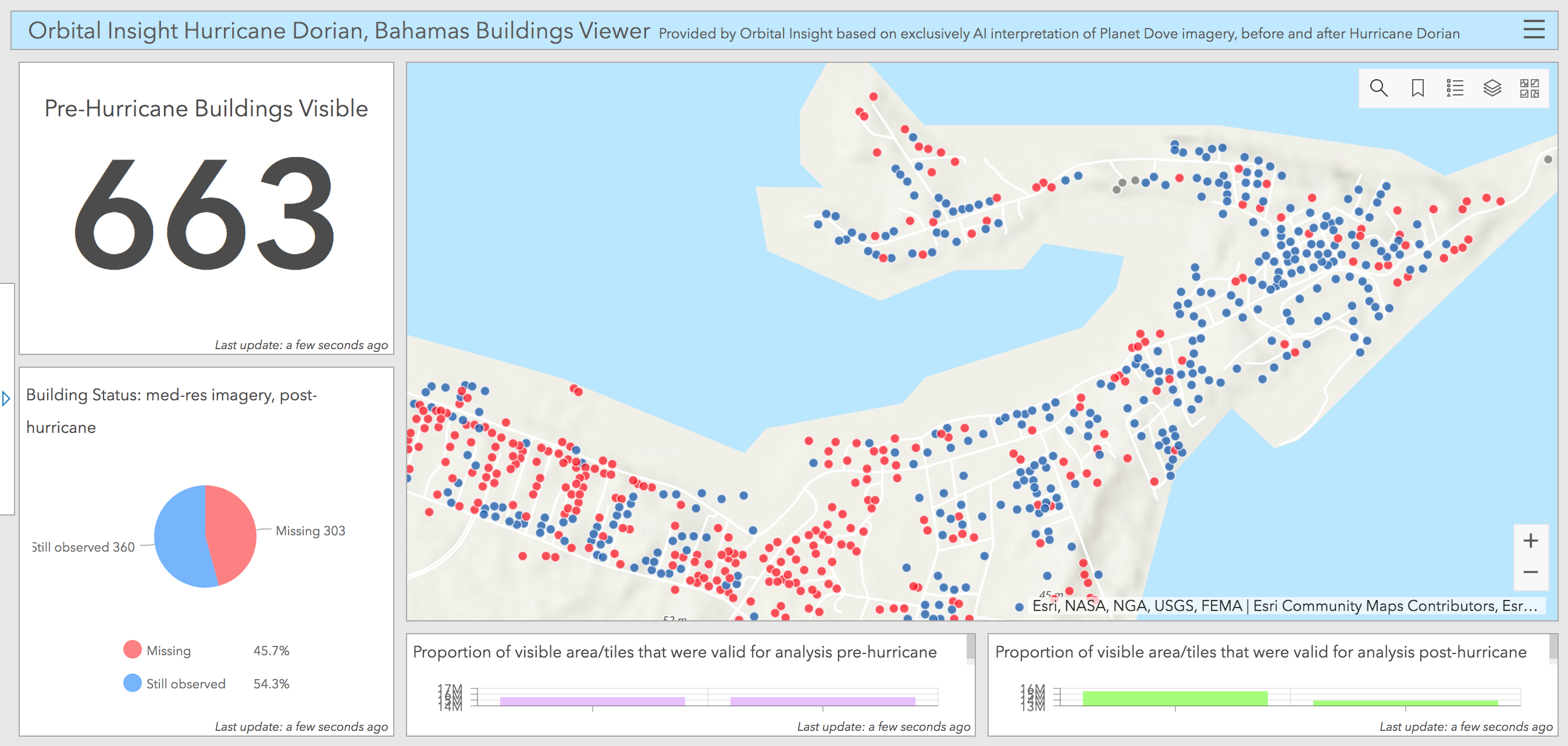
Hurricane Dorian was the most intense tropical cyclone on record to strike the Bahamas, and the worst natural disaster in the country’s history, with estimated damages of $4.7 billion. While the official death toll from the Category 5 storm in late August was a modest 73, more than 280 people were still reported missing as of early December. Orbital Insight’s satellite imagery analytics provided the first revelations into the actual carnage, with our data showing nearly a third of buildings flattened in the key Abaco and Grand Bahama territories. By applying computer vision and machine learning to high-revisit 3–5 meter Planet imagery, we were able to identify the infrastructure damage at scale, with the granularity needed to identify specific houses and structures impacted by the hurricane.
2019 Abqaiq-Khurais Attack
On 14 September 2019, drones were used to attack the state-owned Saudi Aramco oil processing facilities at Abqaiq and Khurais in eastern Saudi Arabia. The Houthi movement in Yemen claimed responsibility but the United States and Saudi Arabia later accused Iran of masterminding the raid. In the aftermath of the attack, Orbital Insight monitored all 639 oil storage tanks in Saudi Arabia that held 191 million barrels of shell capacity. We also tracked shipments from Saudi export locations. Our immediate finding was that Saudi Arabia’s largest oil export facility, Ras Tanura, had 7 days of inventory according to our tank inventory observations and average AIS tracking based loadings of 3.4 million barrels per day. We also highlighted that this was a key metric to remember as Saudi Arabia sought to return to normal production levels — which the kingdom did within a month of the attacks.
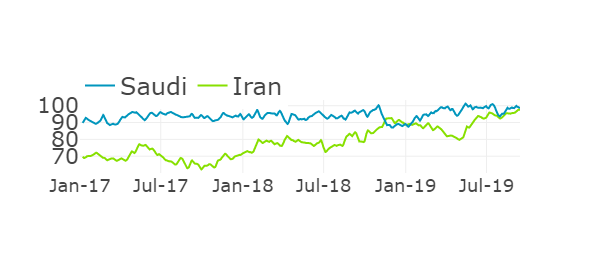
Chinese “Re-Education” Camps Growth
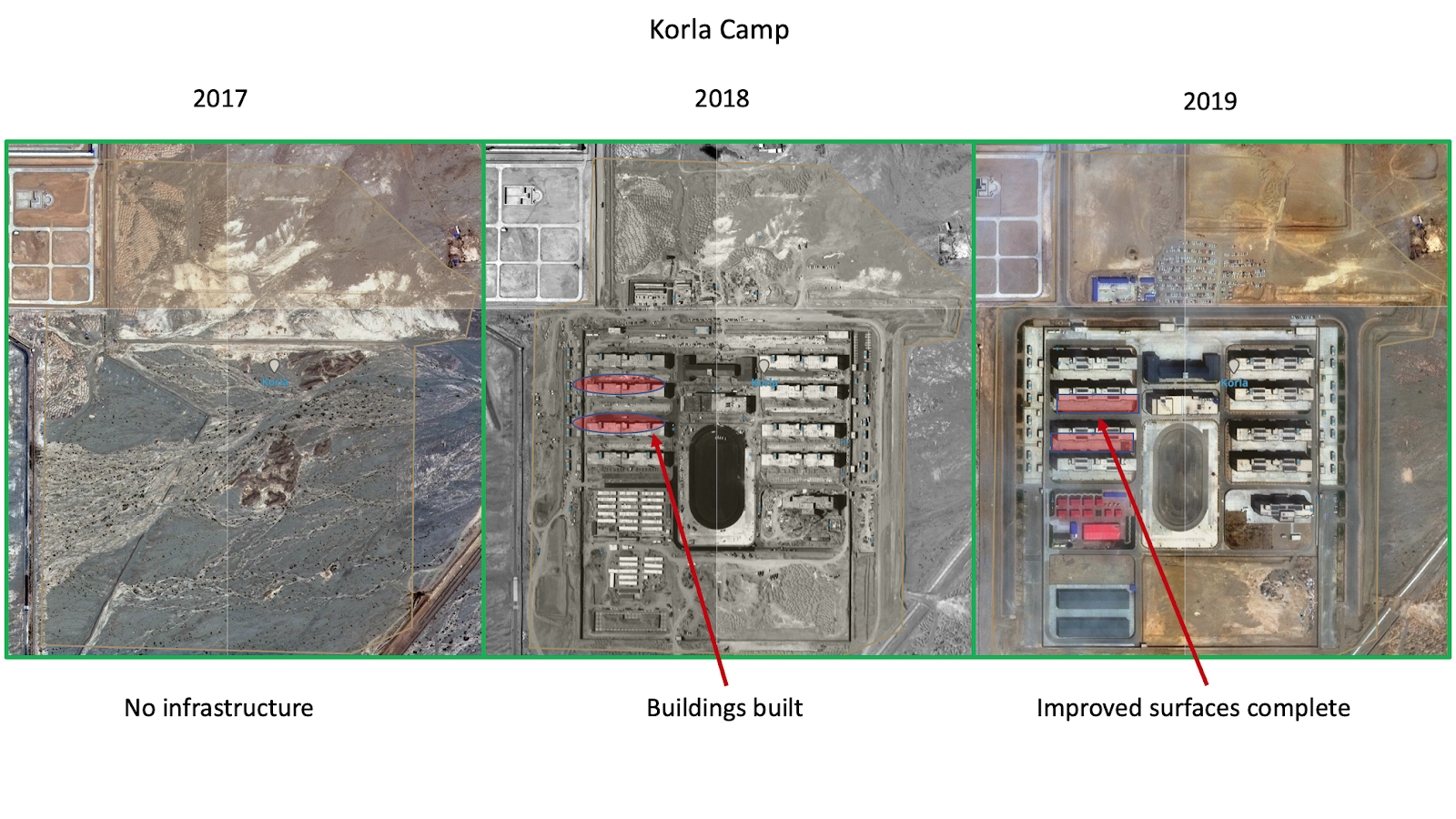
Trying to understand the operational status of specific facilities in non-permissive environments can be time-consuming and difficult. Other than having ground intelligence, satellite imagery is often the only option to study how these facilities were keeping — or even booming. Using cloud computing and a robust imagery ingestion pipeline, Orbital Insight’s GO managed to detect and analyze 41 suspected re-education camps in China run by the government for its Muslim Uighur community. The Chinese government says it combating religious extremism with the camps but critics say human rights violations are taking place. Our GO platform detected changes in land-use and car detection counts at the suspected campsites to gain an insight into their construction and operational status.
Corporate Events
Orbital Insight also changed throughout 2019, developing new technologies, products, and partnerships to deliver near real-time geospatial insights to our clients.
Launch of Orbital Insight’s GO Platform

Top of the line for us this year was the launch of our GO platform. As Bloomberg Businessweek’s coverage of the product says: one can monitor the number of cars in Walmart parking lots across the U.S. to see how busy the back-to-school shopping season is; the number of new homes going up in Houston; the amount of oil in China’s storage tanks; or the production activity at Tesla’s auto factory. Traditional economic data also measure these things, but GO’s images are more accurate indicators of what’s happening on Earth. “What we are selling is truths about the world,” Orbital Insight’s founder and CEO James Crawford was quoted as saying.
Orbital Insight customers are able to access geospatial data anywhere and anytime, making the Earth “searchable”.
New Data Sources
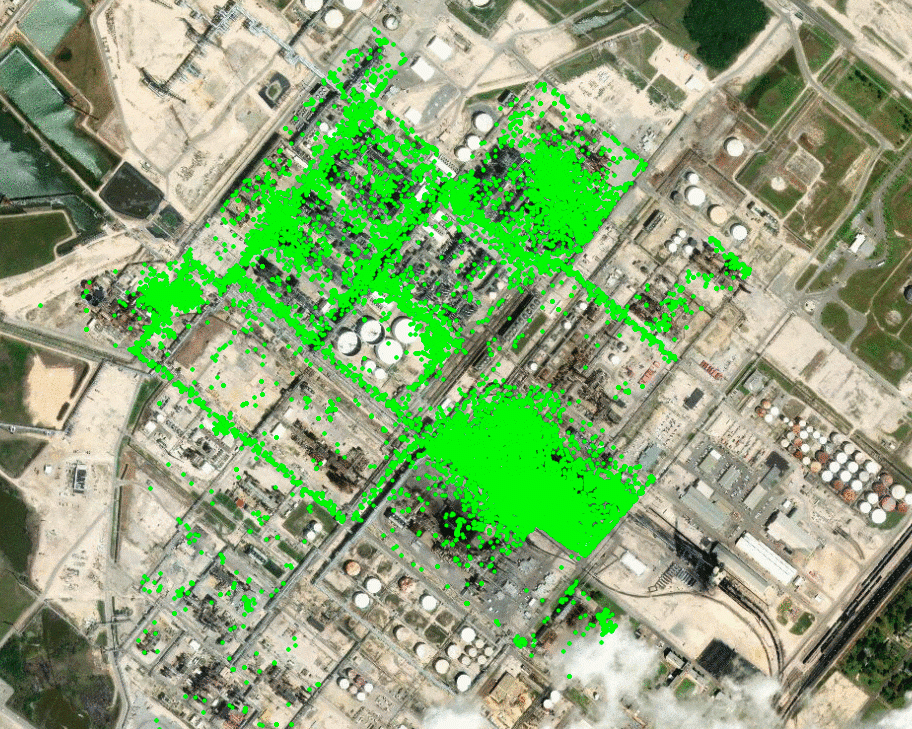
In March, Orbital Insight announced its first supply chain monitoring capability, detecting near real-time anomalies at U.S. refineries, where unplanned outages and scheduled maintenance can deviate from market and competitor expectations. The continuous monitoring of cell phone pings, anonymized and aggregated, enables us to flag every relevant staffing change that could affect refinery output.
Orbital Insight customers can now monitor any plant — including refineries, manufacturing centers, mines, LNG, petrochemical plants, or any corporate real estate or infrastructure — to detect anomalies within Orbital Insight GO.
Airbus Earth Monitor launch
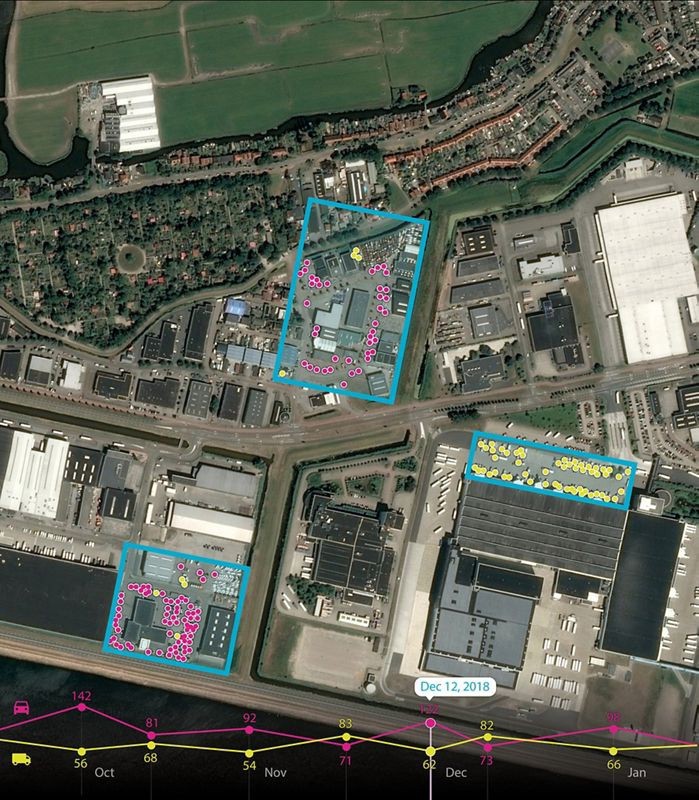
Airbus Defence and Space and Orbital Insight expanded upon their partnership agreement in April to launch Earth Monitor, a powerful change analysis and insights service which provides situation awareness over archived or newly tasked areas of interest.
Singapore Office Launch for Asian Push of GO
Orbital Insight launched a Singapore office in June in response to demand in South Asia for trusted empirical geospatial data. It was Orbital Insight’s seventh office location and the second dedicated sales office to open in Asia, where the market seeks greater infrastructure, supply chain, and defense monitoring capabilities.
AFWERX (U.S. Air Force) Client Signing
Orbital Insight was awarded in October the Small Business Innovation Research (SBIR) Phase-2 contract by AFWERX to build custom artificial intelligence (AI) algorithms and monitor objects of interest that support the U.S. Air Force’s mission to fly, fight and win in air, space and cyberspace. Under the contract, Orbital Insight will support AFWERX by automating geospatial intelligence collection and analysis.
Federal Advisory Board Formation
Orbital Insight welcomes Robert Cardillo, Keith Masback, and Vincent Stewart to its newly created Federal Advisory Board.
Former National Geospatial-Intelligence Agency (NGA) Director Robert Cardillo, former United States Geospatial Intelligence Foundation (USGIF) CEO Keith Masback, and former Director of the Defense Intelligence Agency (DIA) Lieutenant General Vincent R. Stewart were named as the founding members of Orbital Insight’s newly established Federal Advisory Board. The U.S. government has been collaborating closely with leading commercial AI innovators to validate and deploy new enabled AI and machine learning capabilities. According to Lieutenant General Stewart, “Orbital Insight’s change detection capabilities can help buy more decision making and response minutes”. Orbital Insight formed its Federal Advisory Board to explore the full potential of this initiative.
New Head of Product Appointment
Jens Tellefsen, explains how AI can further humanitarian, economic, and environmental progress through visibility using geospatial data. As a veteran of Silicon Valley enterprise software development, Jens oversees the product vision, including commercial use cases and product experience.
Booz Allen Modzy Partnership Announcement
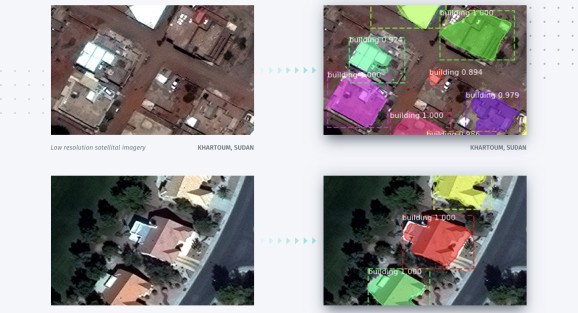
Orbital Insight announced in November that it was partnering with Booz Allen to deploy Artificial Intelligence (AI) algorithms on the new software platform, Modzy. Through the alliance, Orbital Insight and Booz Allen aims to support the U.S. intelligence community — including the NGA, NRO, and DIA — with world-class geospatial analytics.
D Round Financing
Orbital Insight announced its Series D financing round in November, making it the most capitalized geospatial analytics company. The firm has now secured $125 million in total funding to develop further geospatial capabilities and products to deliver insight into what happens on and to the Earth.
RSPO Membership
Orbital Insight became an RSPO member to help organizations with their supply chain traceability and sustainability challenges with geospatial analytics.
Annual AI Symposium
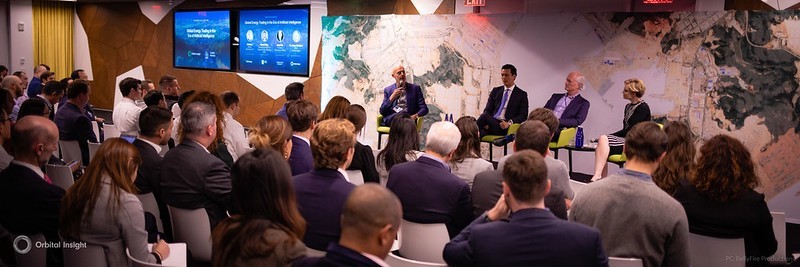
Orbital Insight also hosted its 2nd annual AI symposium at the World Trade Center in New York where our CEO, Jimi Crawford, revealed our latest supply chain monitoring capabilities and oil trading legend Andy Hall forecast that peak oil was within sight.
For those who couldn’t attend, photographers captured the night and RBC summarized the thought leadership from our panel: Illuminating the Supply Chain in the Era of AI.
Now, On To 2020!
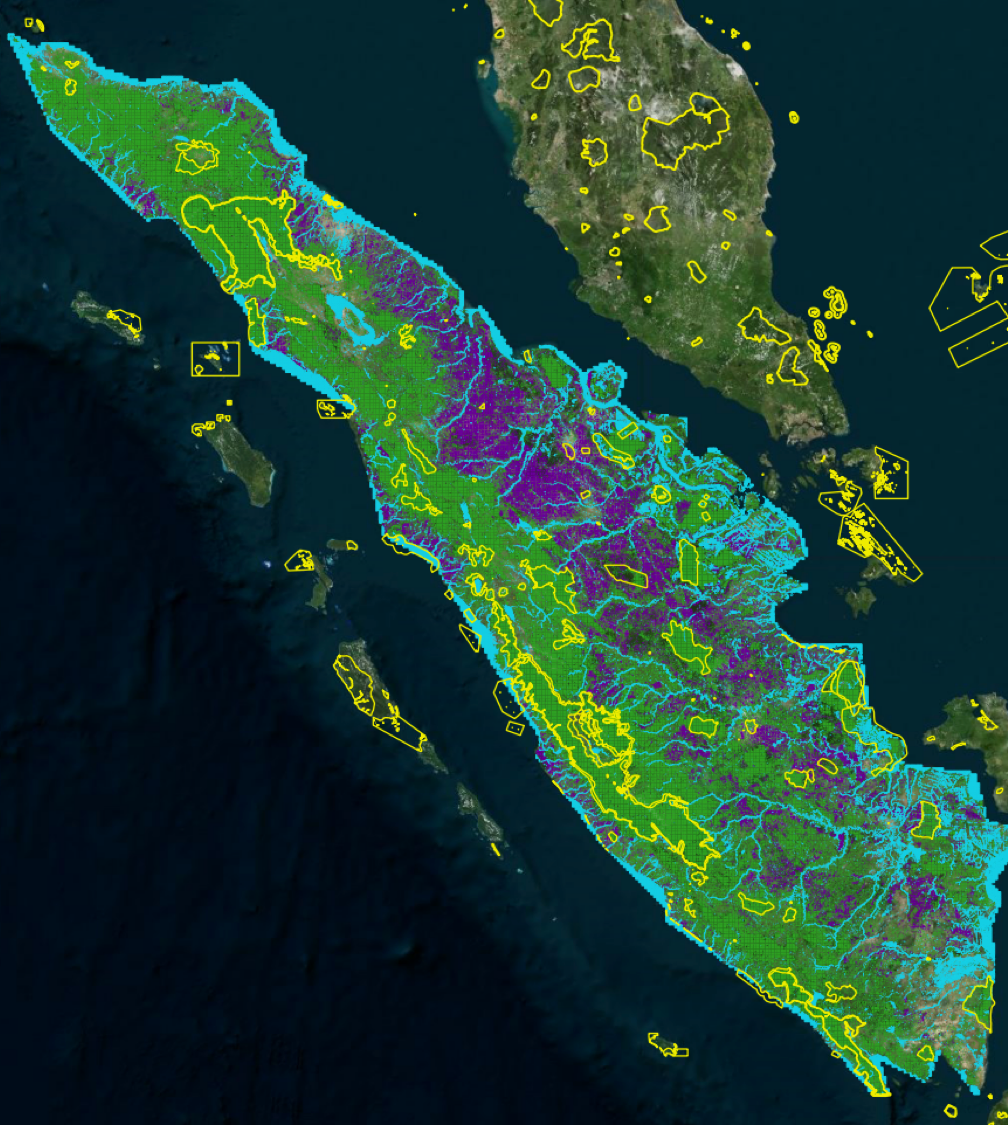
A hint at what’s to come: Monitoring palm oil sustainability is crucial for positive social and economic outcomes. Stay tuned for major news from Orbital Insight about how geospatial analytics can transform how supply chains think about sustainability.
2019 was a year of new data discovery, product expansion, and corporate growth for Orbital Insight and we thank you for supporting us in our mission to make the Earth “searchable” with geospatial data and deep learning. We are certain that 2020 will just be as exciting and innovative.
We reiterate that you will get more powerful insights from us, delivered at even faster rates that reduce the crunch time from event to analysis.
Happy New Year!









